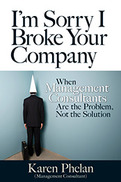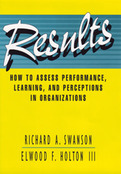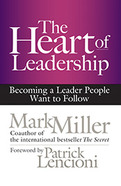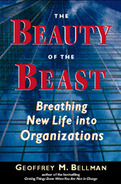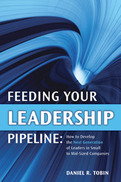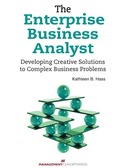1999
This book presents a practical guide to building a successful, competitive, and cost-effective HRD practice that meets customers' needs. Results teaches readers a highly effective, easy-to-learn, field tested system for assessing organizational results within three domains: performance (system and financial), learning (knowledge and expertise), and perceptions (participant and stakeholder).
Why measure results in HRD? Because the "corporate school" and "human relations" models of HRD practice, whereby development occurs simply because it is good for employees, no longer works. If HRD is to be a core organizational process, it must act like one and hold itself accountable. Measuring results, particularly bottom-line performance results, is key to gaining support from top management. And those who measure results ultimately find it a source of program improvement and innovation as well as pride and satisfaction.
While Results is theoretically sound, it is firmly rooted in practice, offering a core five-step assessment process that gives readers a simple and direct journey from analysis inputs to decision outputs. Whether they have assessment tools but no theory, theory but no tools, or no tools and no theory, this book will equip them to quickly and effectively assess their results.
- Shows human resource development (HRD) professionals how to measure organizational results within the domains of performance, learning, and perceptions using the effective and efficient Results Assessment System
- This widely praised system simplifies the complex issues of assessment, enabling HRD professionals to clearly demonstrate their results
- Real-life examples illustrate how the principles work
- From the author of Analysis for Improving Performance , winner of the 1995 Outstanding Instructional Communication Award from the International Society for Performance Improvement and the 1995 Society for Human Resource Management Book Award
Certainly, leaders need people skills, execution skills, a deep knowledge of industry trends, the ability to articulate a vision, and more—they must be competent—but that's just the tip of the iceberg. What's below the waterline? What's deep inside the best leaders that makes them different?
Mark Miller contends it is their leadership character. In his latest enlightening and entertaining business fable, he describes the five unique character traits exhibited by exceptional leaders and how to cultivate them.
The Heart of Leadership begins with young and ambitious Blake Brown being passed over for a desperately wanted promotion, despite an outstanding individual performance. Confused and frustrated, he turns to his former mentor, Debbie Brewster. Rather than attempting to solve Blake's problem for him, she sends him on a quest to meet with five of his late father's colleagues, each of whom holds a piece of the puzzle he's trying to solve.
As Blake puts the pieces together, he discovers that in the final analysis, a lack of skills isn't what holds most leaders back; skills are too easy to learn. Without demonstrated leadership character, however, a skill set will never be enough. Most often, when leaders fail to reach their full potential, it is an issue of the heart. This is Blake's ultimate revelation.
This book shows us that leadership needn't be the purview of the few—it is within reach for millions around the world. The Heart of Leadership is a road map for every person who desires to make a difference in the lives of others and become a leader people want to follow.
- A new perspective on organizations from Geoff Bellman, bestselling author of Getting Things Done When You Are Not in Charge (over 80,000 copies sold) and The Consultant's Calling (over 40,000 copies sold)
- Helps us identify what we love and hate about organizations-and how this affects our success
- Offers eight aspirations and twenty assertions that guide our discovery of new work alternatives for individuals, work groups, and organizations


